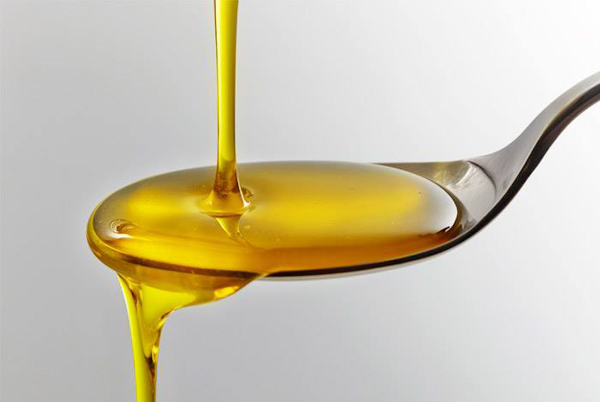Edible oil manufacturers in Kenya have attributed the recent increase in cooking oil prices to a new 10% import duty on crude palm oil imposed by the East African Community (EAC) in June 2024.
President William Ruto’s administration implemented the 10% import duty on crude palm oil.
The East African Gazette Notice published on June 30, 2024, confirmed Kenya’s application to raise the duty from 0%. Uganda also raised its import duty on crude palm oil.
Consumers face higher prices for cooking oil, soap, margarine, and cosmetics. In addition, a litre of cooking oil could rise from KSh 330 to KSh 360 due to the import duty.
Government’s Response
- The National Treasury met with edible oil manufacturers to discuss the issue.
- The government acknowledged the challenges and expressed its commitment to finding solutions.
Reasons for the Duty
President Ruto withdrew the controversial Finance Bill 2024, creating a KSh 346 billion budget deficit. As a result, the import duty aims to help close the budget gap.
Manufacturers’ Concerns
Kenya’s edible oil may become less competitive compared to neighbouring countries. The Edible Oil Manufacturers Association fears the duty will significantly increase prices for essential household products.
“This increase in production costs is expected to affect the competitiveness of Kenyan products negatively. For instance, the price of a 20-litre container of edible oil, which previously retailed at Ksh3,800, has now risen to Ksh4,200,” reads the statement in part.
“Additionally, by-products from the crude palm oil refining process, such as soaps and margarine, have also become more expensive due to the introduction of this duty.”
According to the Kenya Association of Manufacturers, the sector generates over KSh 130 billion in revenue and contributes KSh 52 billion in tax revenue to the Kenyan government.
It directly employs 10,000 people and supports over 80,000 individuals through its value chain integration.




